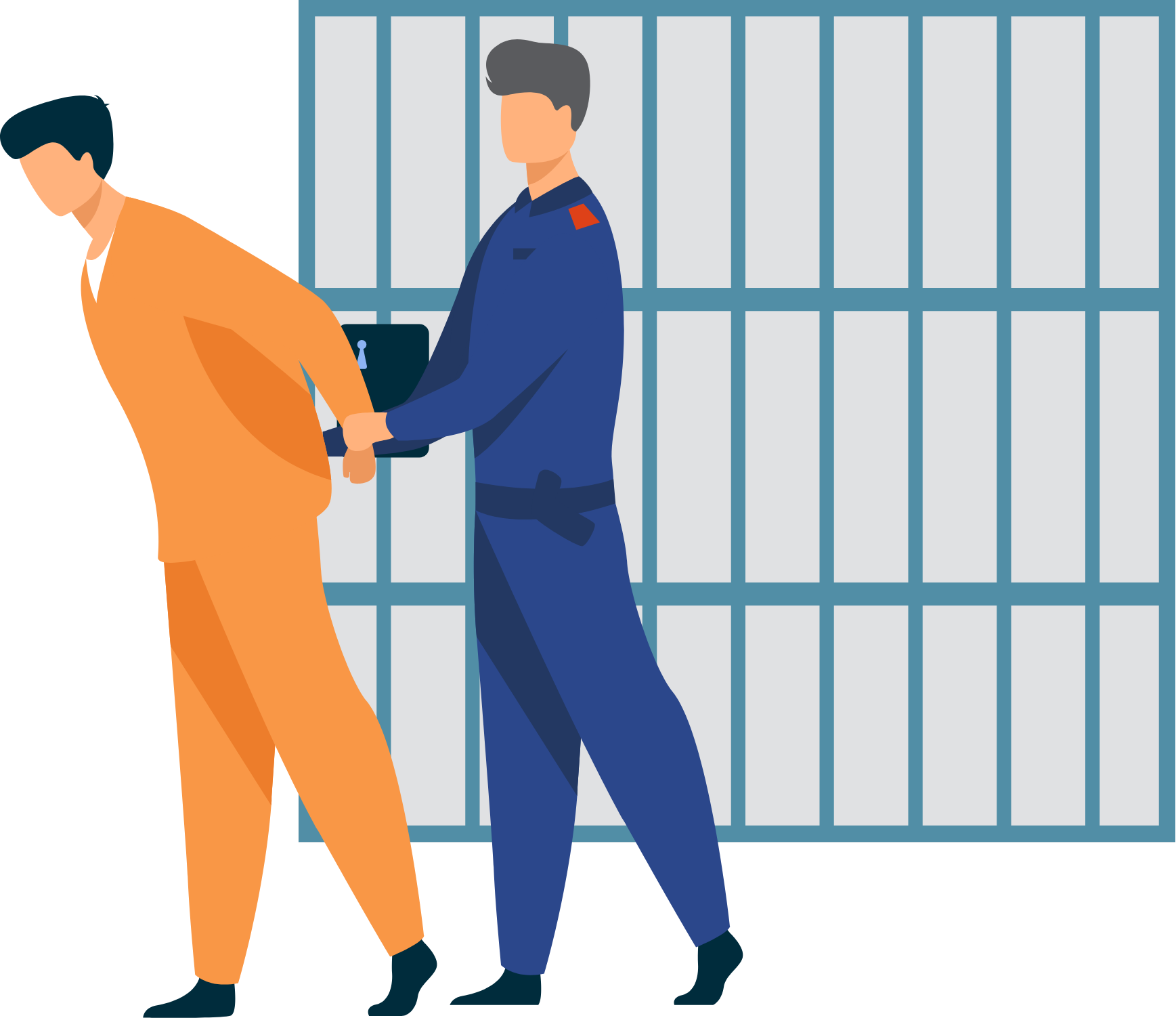Overview
As mass incarceration has taken its toll on states across the country, governments have looked for ways to decrease the harms caused to families and taxpayers by deprioritizing incarceration for drug offenses. States have decriminalized possession of controlled substances, instead directing individuals to treatment services. Defelonization moves drug offenses from the felony to misdemeanor level, reducing the harms that accompany a felony possession. Other states have eliminated drug enhancements. Enhancements are well-intended laws that impose additional prison time on drug offenses that take place near a school, church, or places children are likely to be. While the laws were intended to keep drugs away from children, they’re often overly broad and rarely used to actually target this intended activity. States have eliminated these restrictions which further decrease incarceration rates and have no negative impact on public safety. States can implement a “mens rea” provision, requiring that in order to be prosecuted criminally for an offense, it must be proven that the individual acted with the knowledge of wrongdoing. Decriminalization further mitigates the host of other negative impacts associated with criminalizing drug use, from diminished employment prospects to difficulties obtaining housing. Promoting alternative, non-police responses through diversion programs can provide better outcomes.

Decriminalization
Has the state decriminalized drug offenses to promote non-police responses to these issues?
40 points

Defelonization
Has the state ended felony prosecutions for possession of controlled substances?
30 points

Elimination of Drug Enhancements
Has the state eliminated drug sentencing enhancements?
15 points

Mens Rea
Does the state have a mens rea requirement in law, which requires proof of intent for a criminal offense?
